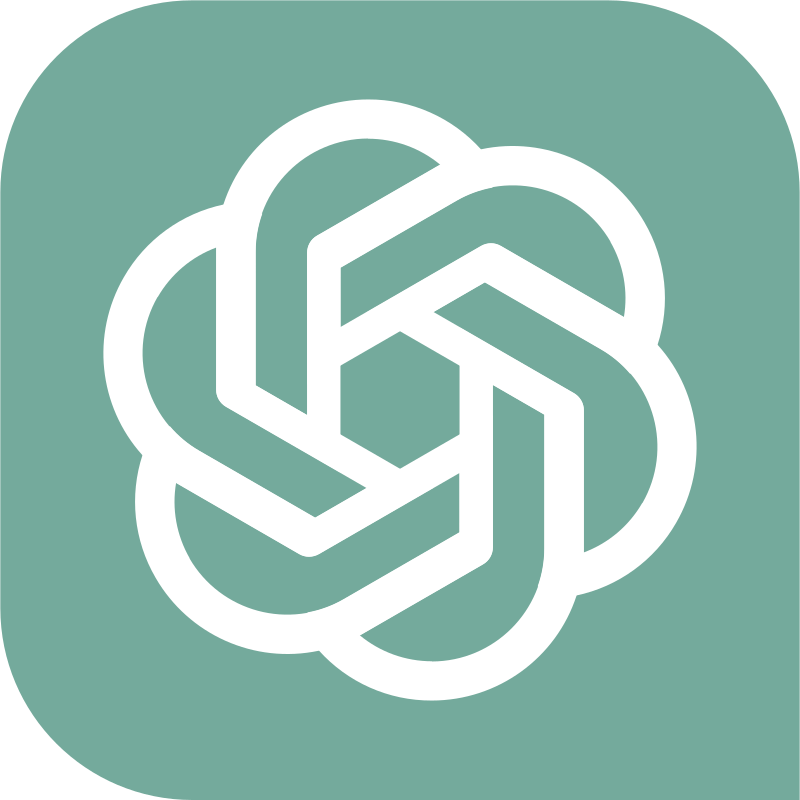The rise of AI and natural language processing technologies is reshaping various industries, and ChatGPT, a cutting-edge language model developed by OpenAI, is at the forefront of this transformation. ChatGPT’s potential applications are vast, impacting various job roles and sectors.
Some researchers delved into the impact of emerging technology, utilizing software known as large language models, which can analyze and generate text. Their examination centered on the extent to which GPTs (generative pre-trained transformers) and software incorporating these models can significantly expedite task completion, reducing the time required by a minimum of 50%. Contemporary GPTs have demonstrated exceptional proficiency in translation, classification, creative writing, and computer code generation tasks.
The research revealed that a transformative wave is poised to alter the landscape of most occupations, as approximately 80% of workers operate within job roles where generative AI can enhance the efficiency of at least one task. Roles characterized by information processing, such as public relations specialists, court reporters, and blockchain engineers, emerged as particularly susceptible to disruption.
On the contrary, certain professions, like short-order cooks, motorcycle mechanics, and oil-and-gas roustabouts, appeared less vulnerable to this technology’s disruptive potential.
The researchers leveraged a comprehensive government database detailing various occupations and their associated activities and tasks to derive their findings. Exposure levels to these activities and tasks were assessed through a combination of human evaluation and artificial intelligence models.
Here are 20 jobs most exposed to ChatGPT and how AI integration revolutionizes these fields.
- Content Writers and Copy Editors: ChatGPT can assist content creators in generating high-quality articles, improving grammar, and suggesting creative content ideas.
- Customer Support Representatives: AI-powered chatbots, based on models like ChatGPT, handle routine customer inquiries, freeing up human agents for more complex issues.
- Journalists: ChatGPT can streamline research and fact-checking processes, helping journalists to produce news articles more efficiently.
- Data Analysts: AI can assist data analysts in data interpretation, pattern recognition, and generating reports.
- Translators: Language models like ChatGPT are becoming invaluable tools for translating text quickly and accurately.
- Social Media Managers: AI can assist in managing and scheduling posts, analyzing engagement data, and generating content ideas.
- Legal Professionals: ChatGPT can help lawyers with legal research, drafting contracts, and summarizing legal documents.
- Doctors and Healthcare Professionals: In the medical field, AI can assist in diagnosing diseases, suggesting treatment options, and analyzing medical records.
- Marketers: ChatGPT can provide insights into consumer behavior, aid in campaign optimization, and generate marketing copy.
- Teachers and Educators: AI can create customized learning materials, tutor students, and assist in grading assignments.
- Programmers: ChatGPT can assist in coding, debugging, and answering programming-related questions.
- HR Professionals: ChatGPT can help streamline hiring by screening resumes, conducting initial interviews, and answering common HR questions.
- Financial Analysts: AI can assist in stock market predictions, financial report analysis, and investment advice.
- Creatives (Artists, Designers, Musicians): AI can inspire and help generate creative content, whether art, design, or music.
- Travel Agents: AI can recommend travel destinations, book flights, and accommodations, and provide travel information.
- Psychologists and Therapists: ChatGPT can offer emotional support, provide mental health resources, and even help with cognitive behavioral therapy exercises.
- Real Estate Agents: AI can help agents find suitable properties for clients and provide information on housing markets.
- Researchers: ChatGPT can assist with literature reviews, data analysis, and hypothesis generation.
- Politicians and Public Figures: AI can help draft speeches, generate public statements, and provide data-driven insights into public opinion.
- Retail Workers: AI-powered chatbots can assist customers in finding products, processing orders, and providing inventory information.
Integrating ChatGPT into various job roles offers numerous benefits, from increased efficiency to enhanced productivity. However, it also raises questions about job security, privacy, and the responsible use of AI in the workplace. As AI technology advances, industries must adapt and ensure that the future workforce has the necessary skills to collaborate effectively with AI-powered tools.
Another paper published by researchers at Microsoft Corp., which is investing billions into OpenAI, analyzed the capabilities of GPT-4, the latest version of OpenAI’s tool, and found that it could solve “novel and difficult tasks” with “human-level performance” in fields such as mathematics, coding, medicine, law, and psychology.
In conclusion, the exposure of these 20 job roles to ChatGPT is just the beginning of the AI revolution. As AI technology matures, we can expect even more job roles to be influenced by AI integration, redefining how we work and interact with technology. Employees and employers must stay informed and prepared for these changes, embracing AI’s opportunities while addressing its challenges.


















